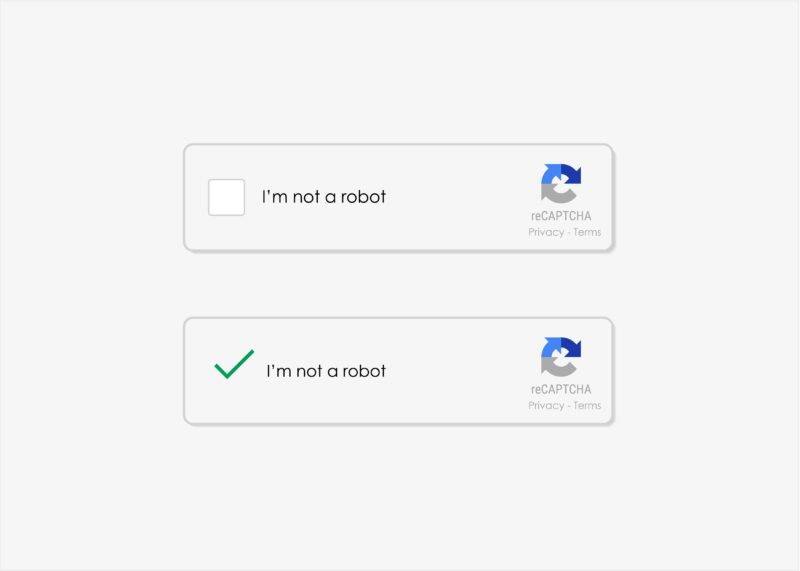- Paying your rent with a rewards credit card like the Chase Sapphire Preferred Card can help you meet the minimum spending requirement to earn a sign-up bonus of points, miles, or cash back.
- Charging your rent to a card can also be a low-cost and flexible option for borrowing money- as long as you pay your balance off in full each month
- Be careful about using a credit card to pay rent if you don’t think you’ll be able to pay off your balance, since in that case you could incur high interest fees.
- Read more personal finance coverage.
Using rewards credit cards is a great way to earn points and miles – and while you should never spend more than you normally would just to earn rewards, putting big expenses on your cards can reap you plenty of points. This includes large one-off purchases like technology and jewelry, as well as recurring expenses like rent.
While it’s possible to pay your monthly rent with a credit card, either directly through your rental company or via a third-party service like Plastiq, there are some caveats to keep in mind. The upsides include extra time to pay off your balance and the ability to earn points, miles, or cash back on your rent, but the potential downsides include carrying a balance and incurring interest if you’re not able to pay off your credit card in full.
Here are some reasons why you might want to pay your rent with your credit card, and some of the ways you can do so even if your landlord doesn’t directly accept credit card payments.
Can you pay your rent with a credit card?
You can pay rent with a credit card, but you may need to pay a service fee. If your landlord or property management accepts credit card payments, you may be lucky and not have to pay a fee – but this is rare. Even if the management company accepts credit cards, there could be a service fee of 2-3%.
If your landlord doesn't accept credit card payments for rent, you can use a third-party service like Plastiq or RentShare. You'll be charged you a processing fee for using these services, which can be as high as 2.99%. So if your rent payment is $1,500, for example, you'd need to pay $44.85 extra for the privilege of using a credit card.
Is it worth the service fee?
If you have to pay a surcharge for using a credit card for your rent, you'll want to consider if this fee can be offset by the rewards you'll earn.
Using that same $1,500 rent as an example, let's say you pay rent with the Chase Freedom Unlimited, a cash-back card that earns 1.5% back on all spending. On the total of $1,544.85 (rent plus a 2.99% service fee), you'd earn about $23 back.
That's obviously less than the $44.85 you paid to use your credit card, but you could get slightly more value if you also have a Chase card that earns Ultimate Rewards points, such as the Chase Sapphire Preferred Card. In that case, you could convert your cash-back rewards from the Freedom Unlimited into Chase Ultimate Rewards points that are worth more than 1 cent apiece.
Based on valuations from Business Insider e-commerce partner The Points Guy, Chase points are worth 2 cents each, so you'd get about $30 worth of points from spending $1,544.85. That's still less than the $44.85 service fee, but depending on how you use those points to book free travel, you could get more than $30 in value.
Of course, sometimes the convenience of having extra time to pay off your rent is worth it, regardless of how much you'll have to pay for the privilege of using a credit card. Just don't assume it's worth paying extra to use a card because you'll earn rewards - do the math to see if you'll truly come out ahead.
Reasons to pay rent with a credit card
You can earn rewards such as points or cash back
Many rewards credit cards offer sign-up bonuses when you open a new account and reach a minimum spending amount within a specified amount of time. These minimums can see high, like $4,000 within three months with the Chase Sapphire Preferred. However, you could be able to meet the minimum spend requirement easily if you use your credit card for relatively large expenses like rent.
In many cases, these sign-up bonuses are very valuable, as they can earn you enough points to score free flights or hotel rooms. There are also cash-back cards that give you a pretty decent return on your spending, such as the Chase Freedom Unlimited with 1.5% back and the Citi® Double Cash Card, which offers 2% back (1% back when you buy, and and 1% when you pay your bill).
Read more: The best credit card sign-up bonuses available now
It gives you flexibility
Even if you're not after a sign-up bonus or rewards, paying your rent with a credit card can be a good idea if you need a bit of breathing room.
Let's say your rent is coming soon, but you don't get paid until a few days after it's due, and your savings account went toward a medical bill - you're down to the last penny. In this case, using your credit card gives you the ability to cover rent without having to pay a late fee. You can charge it on your card, then pay it off once payday is here.
The key here is to pay it all off once you get paid. Otherwise, you'll have to pay interest on your rent, and APRs on credit cards are at historical highs.
A credit card can be better than a personal loan
Taking out a personal loan to cover expenses is generally not a good idea, because these loans tend to come with high interest rates. Besides whatever amount you take out, you'll have to pay interest - and some loans might tack on an extra fee if you pay if off early, called a prepayment penalty.
Using your credit card to pay rent is kind of like getting an interest-free loan - that is, if you pay the balance off in full each month. Even if you're charged a fee for third-party services to pay your rent, it'll still come out cheaper than a personal loan.
Credit cards can be useful - if you're careful
Paying rent with your credit card can be a very flexible and convenient option - you don't have to worry about getting paid on time or the hassle of sending in a check, and if you're trying to meet a minimum spend requirement to earn a credit card welcome bonus, paying your rent with that card is a great to get there faster.
As long as you're paying off your bill each month, you don't have to worry about paying high interest rates. But if there's a chance you'll need to carry a balance on your credit card, consider carefully whether it's worth it to do so. Only you know what's best for your financial situation - so consider the pros and cons and the financial repercussions before making a choice.










